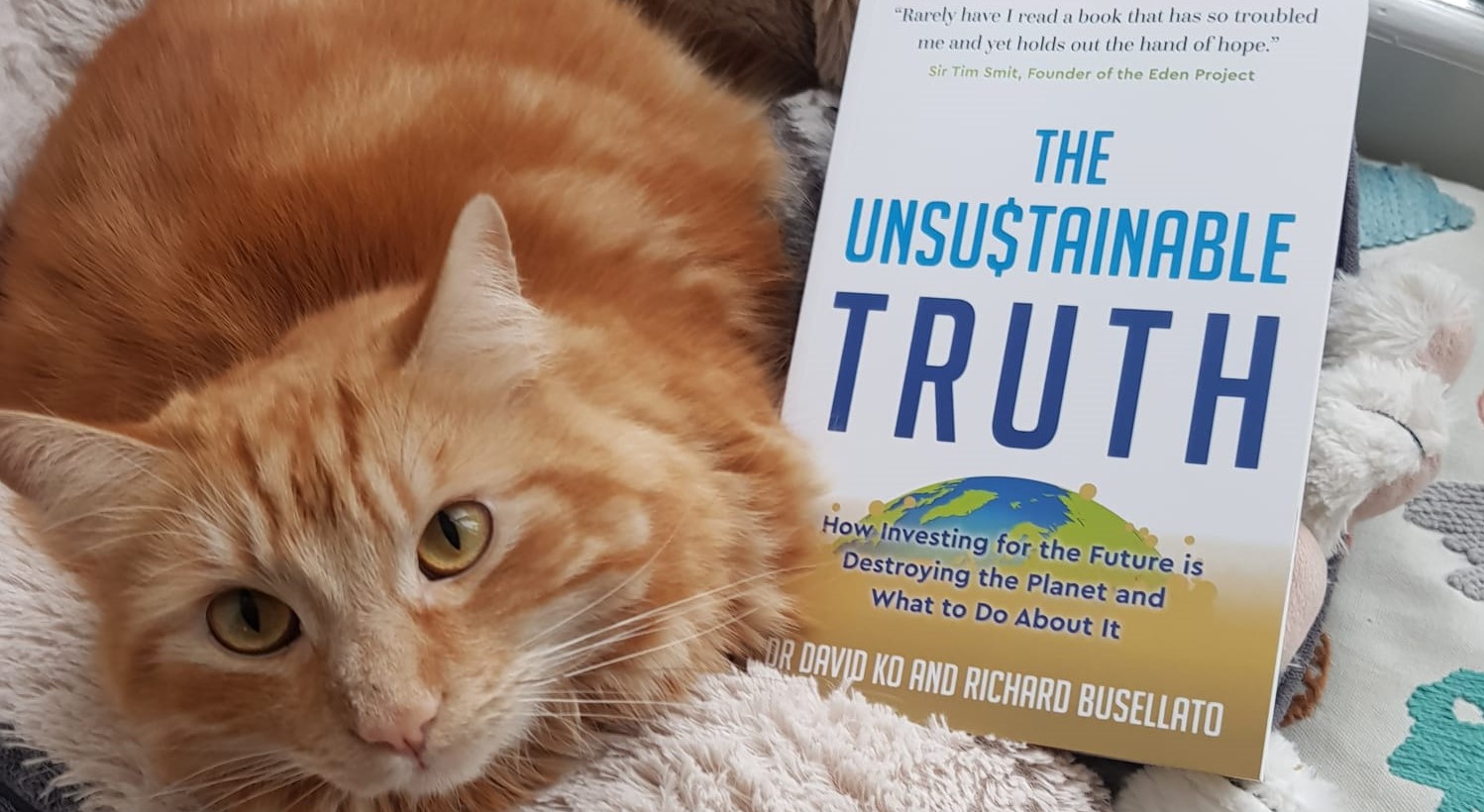

Transformational Ownership is a blueprint for looking after the planet.
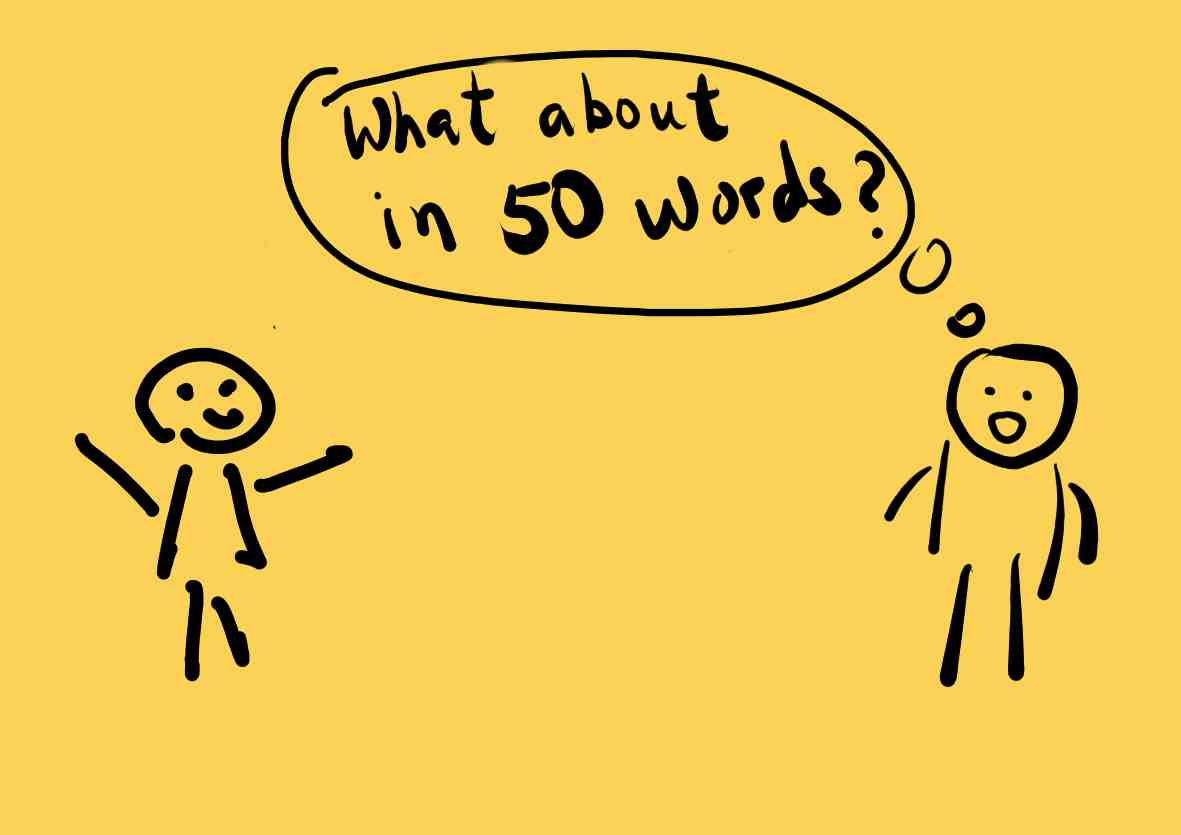
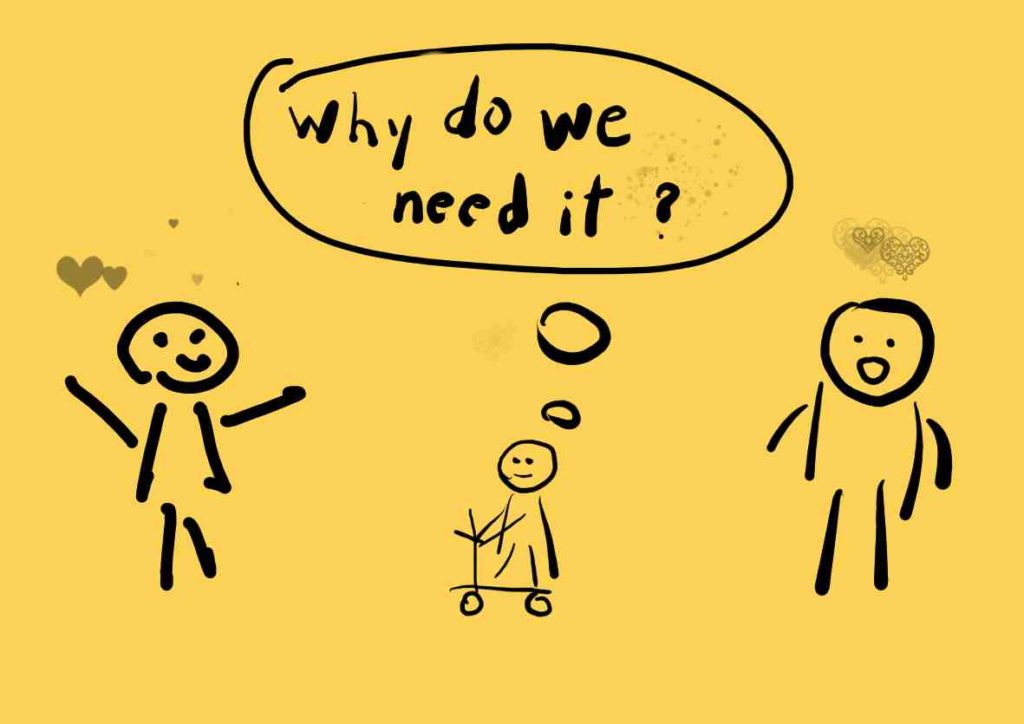
Using oil, gas, and coal makes the planet hotter, and it is getting too hot already. We need to stop so this does not get worse.
But it is hard to just stop because they give us energy to do things; we all want to do things. So we keep using oil, gas, and coal because they are there.
Transformational Ownership gives clarity about how much oil, gas, and coal will be available to stop the planet from getting too hot. It lets know exactly how much will be available today, tomorrow, and in each of the years ahead so we can plan what we do.
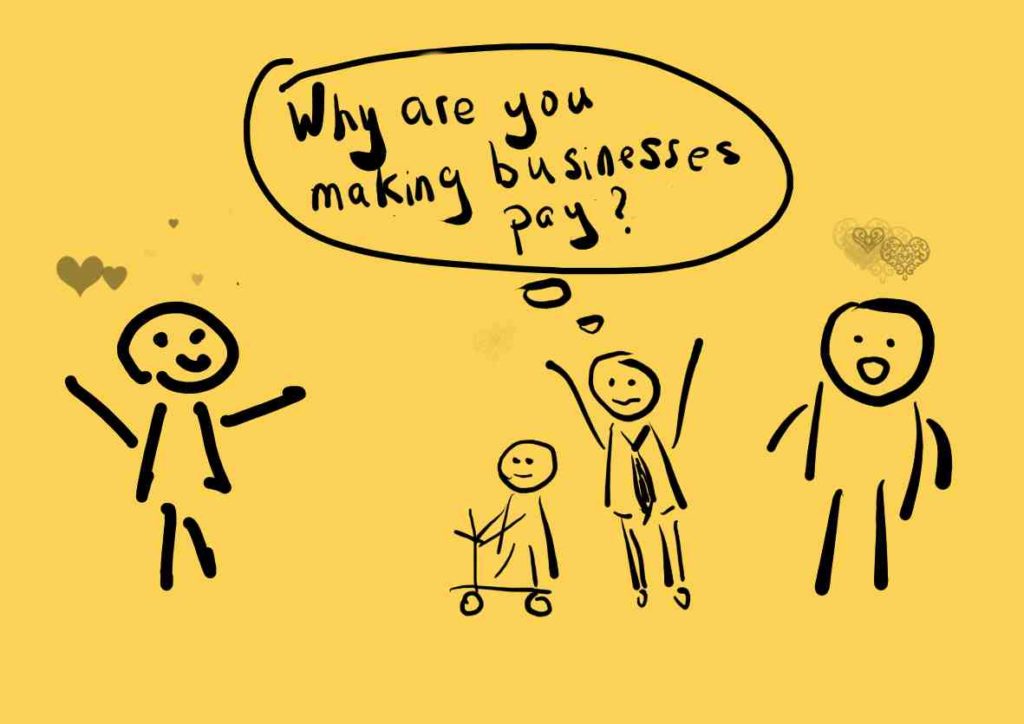
We all spend money. This money is collected by businesses in exchange for goods and services. All these use resources provided by the planet, and it is right that part of this money is spent as a fee to maintain the planet.
Businesses paying means we all pay, with those who spend the most and do the most naturally paying the most.
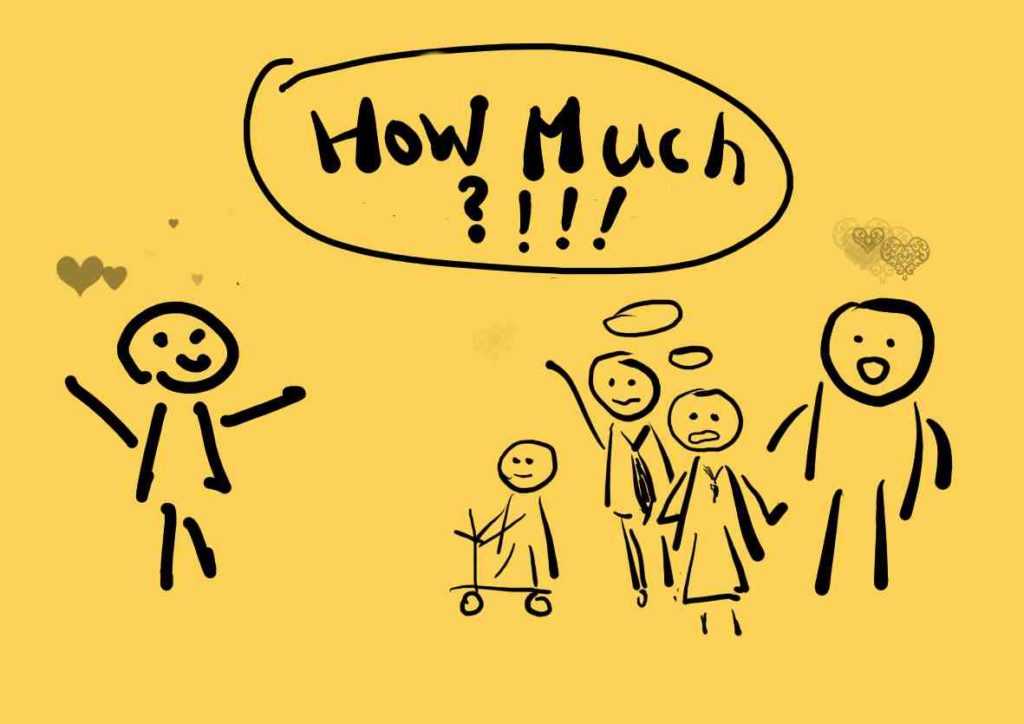
We need enough to create a meaningful supply of ethical oil, gas, and coal. A trillion US dollars will get us started.
Each business decides how much it pays, but everyone will be able to see. It can either use it to prove it cares, or signal that it really could not care less. It’s your choice.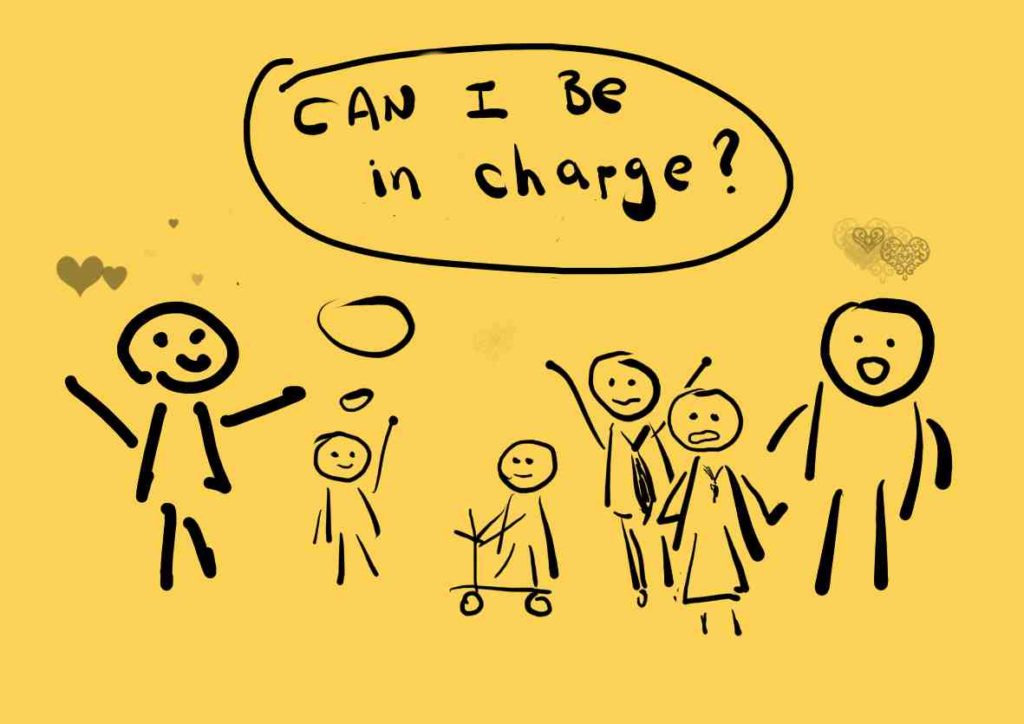
Yes, and no. The money goes into a single, global Transformational Ownership Fund committed to put oil, gas, and coal production under climate science and to distribute all the profit it receives from the companies it owns to people everywhere on an equal per-person basis.
Outside of this, Transformational Owners have a say over how the companies run. This is the same as what happens with savings and pension funds.
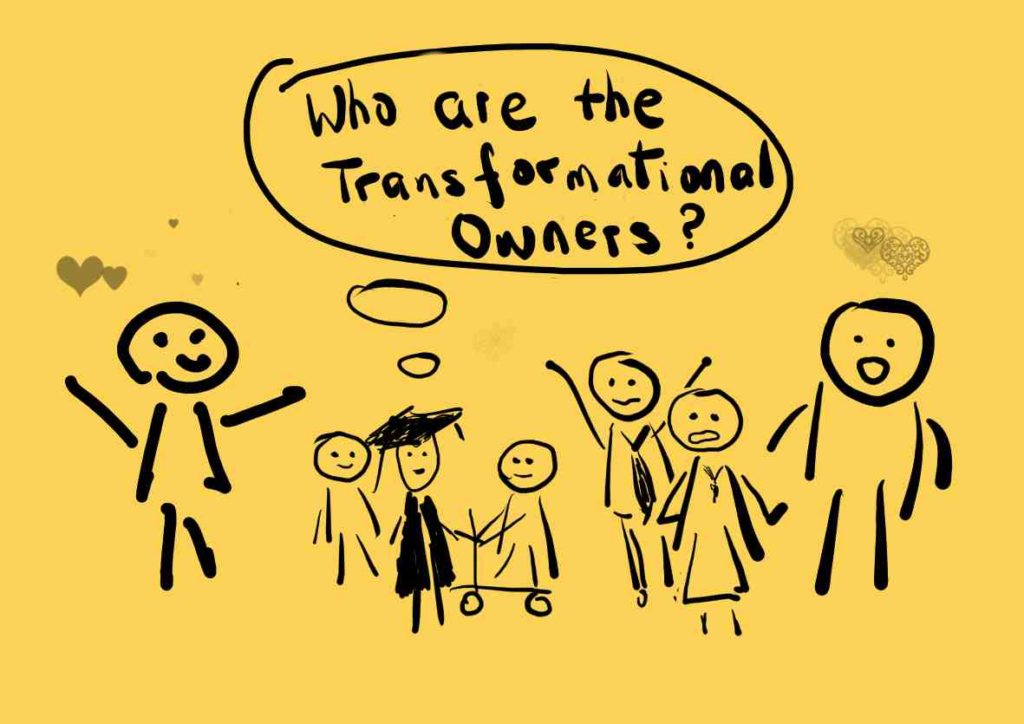
We all spend money; even those who have no money have money spent on their behalf. This means we all contribute towards the fee.
This makes us all Transformational Owners.
This is right because it is our planet, and we all need to contribute to maintaining it.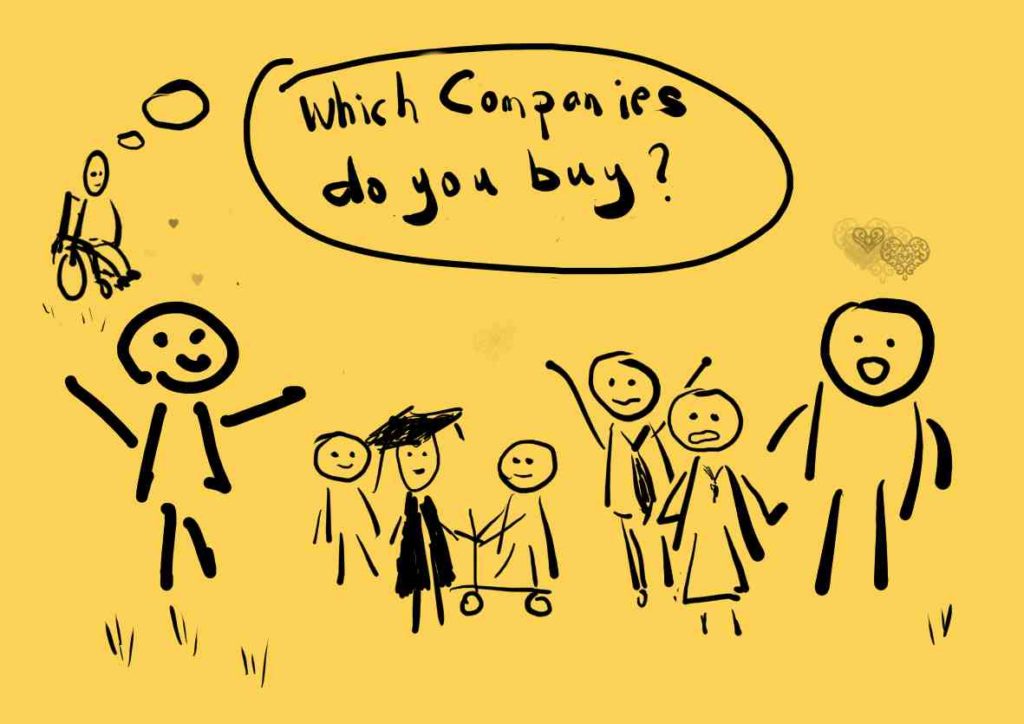
Every company that produces oil, gas, and coal will be a part of this.
The publicly owned ones are the easiest; we simply take over them.
Privately owned ones will need negotiation. This will be open and public so everyone knows who are the owners and if they are holding the world to ransom.
State owned companies can participate as part of their national contribution to stop the planet from getting too hot.
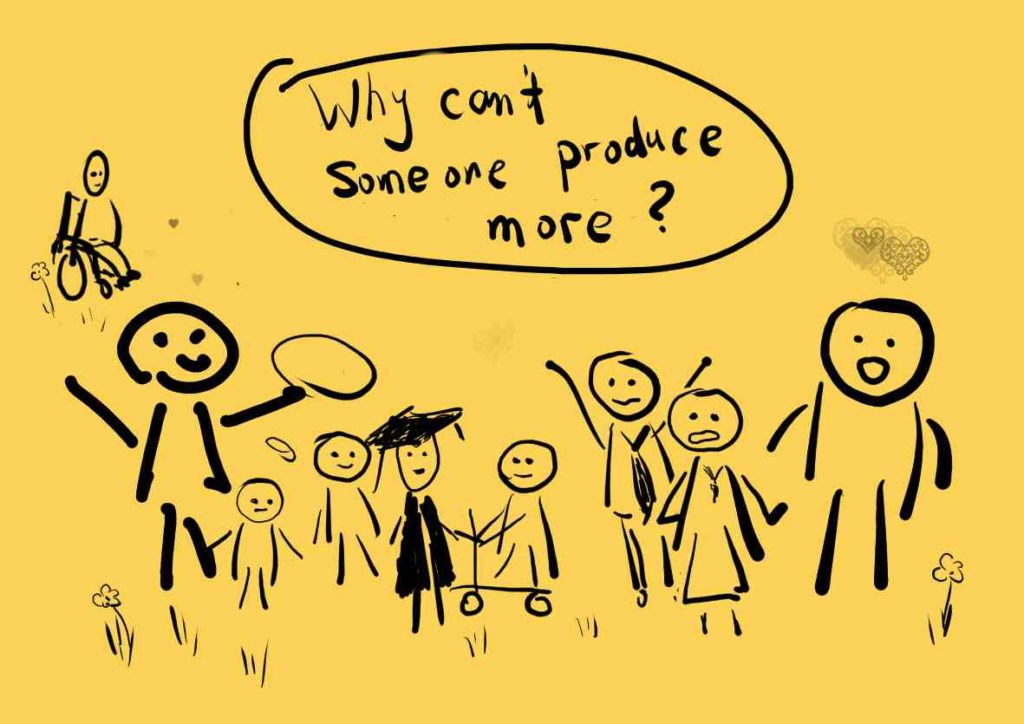
We can boycott the companies that produce and use unethical oil, gas, and coal.
We can also get governments to levy those companies. At a minimum, levying 100% of revenues means they cannot make profits from causing harm to the planet and its people.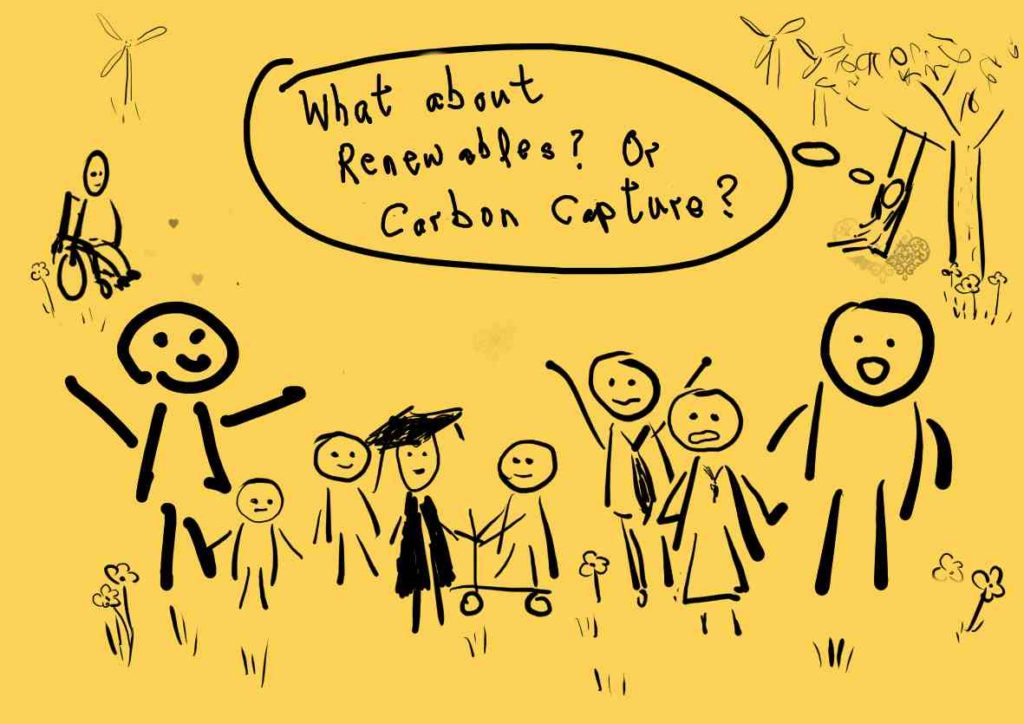
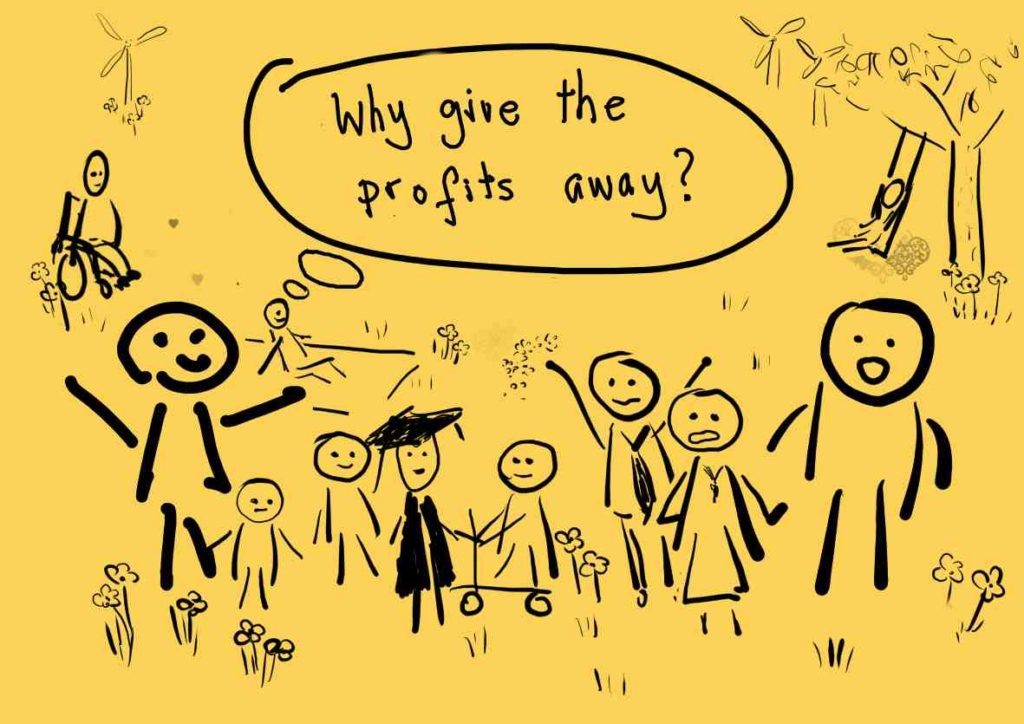
Using oil, gas, and coal harms people and the planet, which is why they must not be investment assets.
For the same reason, because they harm people, it cannot be free to use.
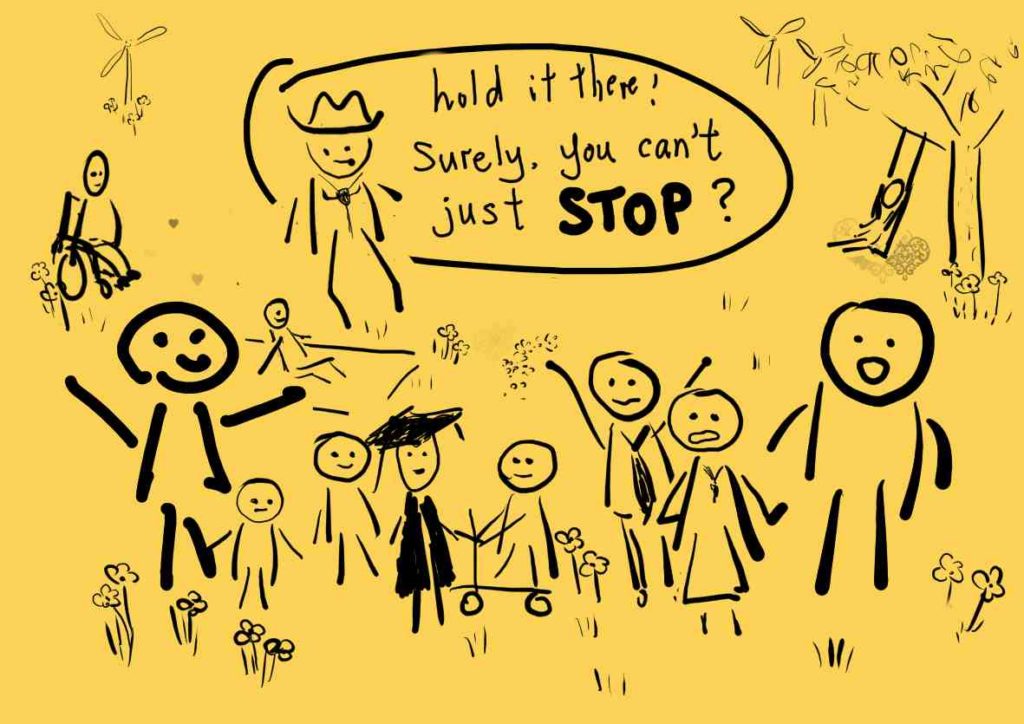
We cannot just stop overnight but we do have to start reducing oil, gas, and coal production aggressively.
This is why we need our parallel projects of Innovating Inside-the-Box and Lazy Sunday Afternoons. Transformational Ownership is all these three projects together, to provide an ethical supply and get everyone to accept even this ethical supply will end.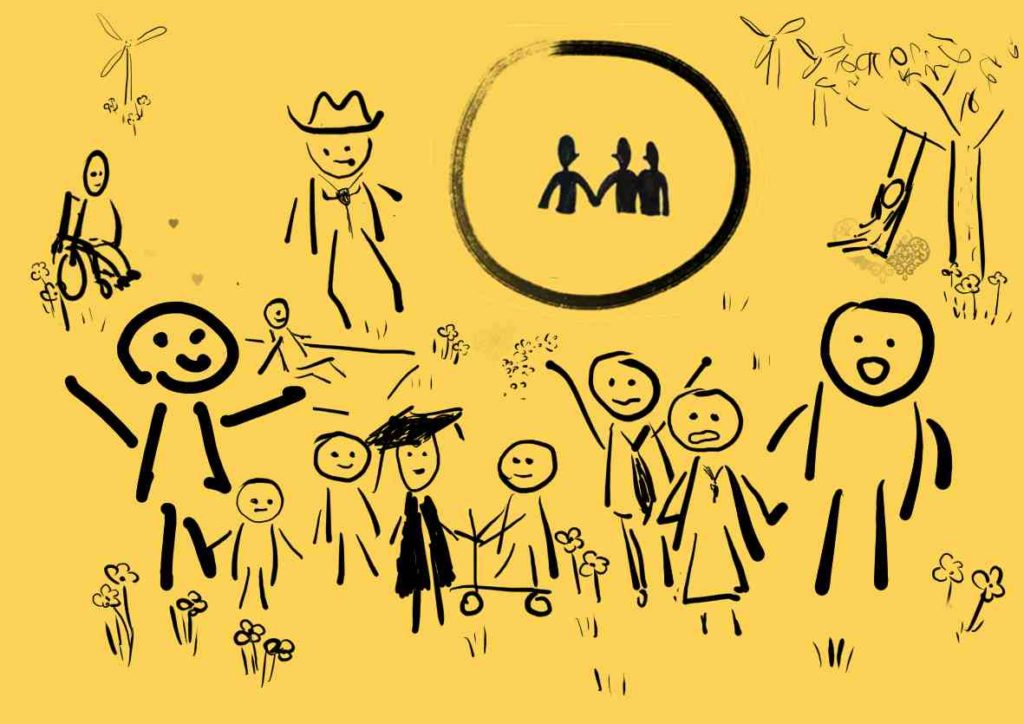
Isn't it up to governments to do this?
Governments’ hands are tied. Oil, gas, and coal provide essential energy which people need. No government can deliberately make people’s lives more difficult and still stay in power.
Governments have their role in Transformational Ownership (see later), but we need capital markets for its global reach and for its ability to transcend politics.
Capital markets is what Richard and I know best.
Why can't we just provide more renewable energy?
It is like smoking. If we are in a room where people are smoking, it does not matter if we are not smoking, we are harmed all the same.
With climate change, it does not matter if we are using renewables, if oil, gas, or coal is burned anywhere on the planet, it harms us just the same.
Between 2015 to 2021, the global use of wind and solar energy doubled. However, in 2021, oil, gas, and coal is still used to provide over 82% of our energy. What is more, while the proportion of energy from oil, gas, and coal has reduced from 85% to 82%, the actual amount has increased. We have increased the actual amount of energy from oil, gas, and coal by more than that from wind and solar.
Having more renewable energy does not mean we will use less oil, gas, or coal. In fact, our history shows us we will simply use more renewables and more oil, gas, and coal.
If Transformational Ownership comes about, will it reverse climate change?
Unfortunately, no.
Just like the room where people have been smoking, the effects linger and do not disappear just because the smokers have left. The smell penetrates into the furnishing, the walls become discoloured, and some of the stains are permanent and can never be removed.
For the people in the room too, the effects of inhaling the smoke mean they are more likely to get seriously ill. That will not change just because the smokers have left.
However, if the smokers do not go away, the damage continues and gets worse, and more people who use the room will become sick and die.
The effects of climate change are the same. The Earth is our room. The effects of using oil, gas, and coal are largely irreversible. Melted glaciers do not come back. Species that have been driven to invade new places will stay there.
Furthermore, Richard and I realise climate change hurts our economies. Poor harvest affects not just our crops, but the jobs that go with them. Corn is used for more than just food. It is used to make biofuel, medicines, biodegradable materials. Those are the jobs that go, and they hurt our health, our travel, and our cost of living. These will not come back easily.
However, Transformational Ownership will stop climate change from getting worse. We need this to have confidence that we can rebuild, so we can survive and thrive.
So, in 20 words, how does it work?
What happens when an oil, gas, or coal company is taken over?
The Transformational Ownership Fund becomes the owner, much like a pension fund or a public investment fund people subscribe to is currently an owner of many of the oil, gas, and coal companies.
The company functions in much the same way as it does now. The main difference is the company cooperates with other oil, gas, and coal producing companies so that total production across the world is reduced at a pace guided by climate science while providing as much energy as this allows.
This means choosing between sources based on the amount of energy and emissions needed for extraction and the quality of the energy content. The company will also never sell oil, gas, or coal assets except to another Transformational Ownership company, but will commit to their safe decommissioning.
The day-to-day operations remain unchanged. The management and staff operate the company for profits with competitive compensations.
Who decides on how much oil, gas, and coal to produce?
The short answer is the planet.
We now have a sufficient understanding of how much emissions are caused by each unit of oil, gas, and coal, and by how much global temperatures will increase. We also know with reasonable certainty what the consequences of using each fraction of a degree of increase in the global temperature will mean to the availability of food, water, and also in terms of working and living conditions for people.
This has already been expressed as a calculation of how much emissions we can still produce and stay safe. It is called the carbon budget.
The carbon budget is what decides how much oil, gas, and coal to produce.
The practical question is how do we translate this into a precise schedule of extraction from each oil well, gas field, and coal mine? Professionals and researchers working inside and outside of the energy industry do this all the time. They do it currently to maximise profits over the lifetime of the oil well, gas field, and coal mine. Transformational Ownership asks them to do exactly the same, but instead of maximising the profits, maximise the amount of energy we can get without breaching the carbon budget.
All the technology, expertise, people, and knowledge to do this is already available.
Who decides on how much profit to produce?
Owners of a company work with the management team they have assigned to determine how much one business to do over another, with an eye on how much profit this will produce.
For a company like Shell Oil, Chevron, Exxon, etc, this means the management team puts forward proposals which shareholders can vote on. Shareholder approval is generally required for matters which have a material impact on the profitability and costs of the company.
Under Transformational Ownership, this operates in much the same way with the exception that the schedule of production for oil, gas, and coal comes under climate science guidance.
Just the same as an investor subscribing to an investment fund that owns Chevron, Transformational Owners can vote on motions put forward by the management teams, as well as put forward motions themselves for other Transformational Owners.
Who are the Transformational Owners?
Anyone uses money, whether directly, or indirectly by someone acting on their behalf. We therefore all contribute to the revenues businesses take.
We are therefore contributing to the fee that businesses pay for Transformational Ownership. This makes everyone a Transformational Owner. It is the five years old child in Somalia, the 40 years old parent in China or the young business person in the US.
Transformational Ownership does not depend on how much money a person spends. A Transformational Owner who spends $0.01 in a lifetime is treated equally to one who spends $1 billion in a day. The merit is in participating in our planet and not in how much is spent.
How much is Transformational Ownership worth?
This is a very important question.
The Transformational Ownership Fund is committed by its governance to distribute all profits to people everywhere on an equal per-person basis. This means the Transformational Ownership Fund has zero monetary value, making Transformational Ownership which is a subscription to this fund worth zero.
If it were not worth zero, ownership would fall under securities law control. In many jurisdictions, this means principles of profit protection for the Transformational Owner will apply regardless of whether the Transformational Owner wishes it or not. It will therefore be impossible to commit oil, gas, and coal production to climate science.
It is therefore fundamental to the purpose of protecting the planet and its people that all profits to the Fund are distributed fully and independently of any claims to ownership, and for Transformational Ownership to have zero monetary value.
Where does the money come from?
Everyone spends money, whether directly or indirectly by people who provide things for them. That money is used to exchange for goods and services. All this takes resources from the planet. It is appropriate that part of this money we spend is used to maintain the planet.
The best way to collect this is through businesses. Businesses simply contribute a fee to a single, global stewardship fund, the Transformational Ownership Fund.
In this way, the people who spend the most and the businesses which do the most end up contributing the most.
How much money do we need to raise?
Transformational Ownership cannot be started small. It needs to provide a sufficiently large supply of oil, gas, and coal to create a genuinely ethical choice for people.
It is like Fairtrade coffee. If it constantly runs out, then it does not offer a real alternative. That is why we need sufficient money to take over a substantial number of oil, gas, and coal-producing companies.
The publicly traded oil, gas, and coal companies are worth in total of between two and three trillion US dollars. This means we need to aim for a trillion US dollars.
How can we possibly raise such a large sum of money?
Transformational Ownership works by everyone knowing about it before any money is raised. This lets people ask businesses, if a trillion US dollars were pledged for Transformational Ownership, which side of the trillion dollars would they be on?
The case for Transformational Ownership is best made by capturing the energy of climate and energy events as they happen.
Events such as storms hitting major cities and harvests being destroyed will show how cheap Transformational Ownership actually is. Similarly, reports on the cost of net-zero will do the same. Other events such as oil, gas, and coal-producing companies reporting high profits for their financially motivated shareholders will demonstrate why oil, gas, and coal are not suitable as investment assets. Smaller countries facing energy crises with no help from other governments will prove why stewardship is necessary for oil, gas, and coal.
How do we persuade businesses to pay a fee?
Businesses are spending large amounts of money on reaching net-zero. McKinsey the management consultancy firm estimated that net-zero will close $275 trillion by 2050 to achieve.
Businesses are spending this money because they know consumers respond to it. However, they are also facing increasing accusations of greenwashing. No matter what they do individually, the global climate situation is getting worse because collectively, more oil, gas, and coal are being used.
Supporting Transformational Ownership by paying a fee is the clearest signal any business can give that it is serious. Limiting oil, gas, and coal production independently guided by climate science cannot be argued against. It puts the business on the front foot, allowing it to point to any competitor which does not do this as free-riding.
Who decides how much a business needs to contribute?
How much a business contributes will be made publicly known, together with the revenues of the business as published through its official accounts and estimates provided by financial analysts. These will be presented in a format to show clearly how much of the revenues are retained by the business and how much is contributed as a fee for maintaining the planet it uses.
Businesses can publicise this to demonstrate if it is contributing genuinely or merely free-riding off the efforts of others.
Against this, the target amount needed to buyout the oil, gas, and coal producing companies will also be made public.
Together, they allow a level of contribution to become established through customers and through businesses themselves deciding how they want to be seen.
How do we get enough people across the world to support this?
Our parallel project, Lazy Sunday Afternoons, is focused on helping people not only to survive climate change but to thrive. To thrive, we have to make sure climate change does not keep getting worse.
Our target is to get a billion people to recognise that we need Transformational Ownership so that we can thrive. For more information on how you can help, please check out Lazy Sunday Afternoons.How does Transformational Ownership create choice?
Oil, gas, and coal produced by companies under Transformational Ownership are fully committed to protecting the planet so it never gets too hot and supporting people by distributing all profits to them directly.
This creates a distinction between ethical oil, gas, and coal produced by companies under Transformational Ownership and blood products produced by companies that refuse to be part of it.
Everything needs energy; this distinction allows an ethical choice to pass through all businesses.
What about governments?
Governments have an important role to play. It is important that financially motivated people cannot profit from forcing people into making unethical choices.
Governments can and should levy heavily unethical oil, gas, and coal, and products which are produced using them. They should be levied at a minimum of 100% of revenues so that no profits can be made even if there are no production costs.
The origins of oil, gas, and coal are readily traceable, and the means to do this is already available.
Does this mean there is no need for other sustainability efforts?
Transformational Ownership ensures climate change is ultimately limited, but we will still need alternative sources of energy, ways to decarbonise our industrial processes and to adapt to the impacts climate change will still bring along.
It is also very important we adjust our demand for energy over the next few decades to the level it can be provided. Progress in reporting efforts will help us to know what we are using where. This needs to be combined with the production schedule for oil, gas, and coal Transformational Ownership provides.
Our parallel project Innovating Inside-the-Box is focused on bringing communities and businesses together to see how to adjust our energy demands. For more information and how you can help, visit Innovating Inside-the-Box.
Grapes in the Old World are traditionally dry farmed. That is, irrigation is not used and the fruit grows by the plant drawing moisture from the ground in which the vine is grown. Wine is supposed to taste of the region it comes from: the composition of the soil, the weather, and the flavour of the grape variety. All this magic is captured in that connoisseur term terroir, which is the spiritual essence behind the quality control in the French certification of Appellation d’Origine Controlee.

